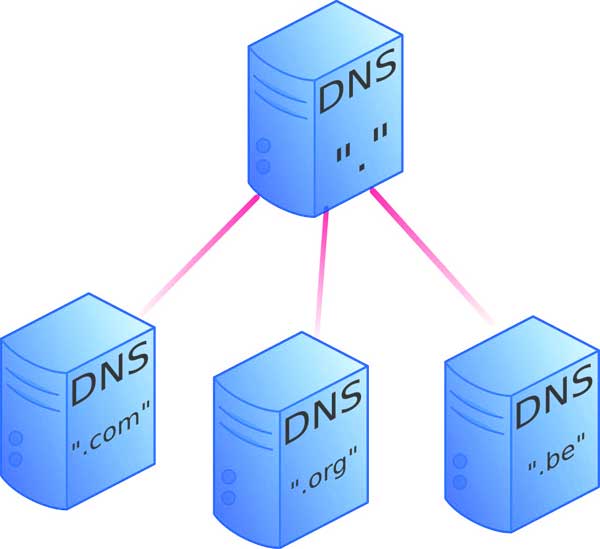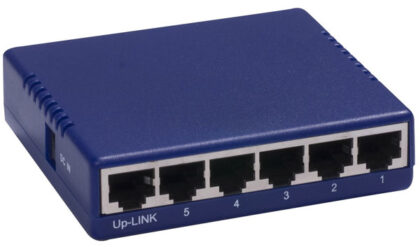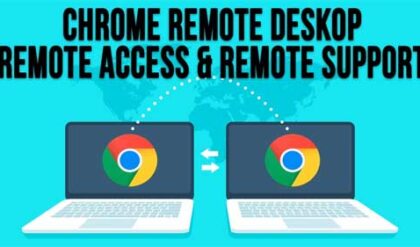Are you resolving names correctly?
What is DNS?
The DNS, or Domain Name System, is a fundamental part of the internet. Without it, none of us would be able to access the internet, send emails or connect to other devices across the web.
The DNS is continually working behind the scenes to convert human-friendly website names into computer-readable Internet Protocol (IP) addresses, and works by searching a system of linked DNS servers around the world. The different servers you use can have a huge impact on the stability, speed and security of your connection.
There are two different types of DNS that you can choose from: public DNS and the DNS assigned by your Internet Service Provider (ISP). Both have their own pros and cons, so we’re going to examine these to help you better understand which one you may want to use.
ISP-assigned DNS
Every time you connect to the internet, your ISP assigns a DNS server for you to use. This is normal, but the server assigned by your ISP isn’t always your best option. If your ISP selects a server that is too slow or unstable, your internet connection can be sluggish and unreliable.
This isn’t always the case, however, and sometimes opting for a public DNS can make your connection slower. For instance, all of the major websites use something called a Content Delivery Network (CDN), which will try to ascertain your IP address in order to direct you to the nearest server.
Where a public DNS sends requests without establishing your location, the CDN can end up sending content from a server that’s further away than the server assigned by your ISP, extending the distance the data needs to travel and increasing the time it takes to download.
‘Logging’ is a major downside of using a DNS server assigned by your ISP. It’s a common practice and involves your ISP tracking your online activity using DNS records and then selling the information to advertisers. It’s caused a lot of people to question their privacy when using a server assigned by their ISP, and is perhaps the most common reason for users switching to DNS.
Be aware that some public DNS services also log traffic. So, if that’s your reason for switching, make sure you read the small print and check your new provider’s privacy policy.

Public DNS
There are lots of reasons why you may choose to opt for a public DNS server. If, for example, your websites aren’t loading or your connection keeps failing, the problem could be with your DNS server. A simple way to test for this is entering the IP address of a website into the address bar of your browser. If your device is able to access the website using this rather than a text-based address, then your DNS is definitely experiencing issues.
Another reason for using a public DNS is to improve connection speeds. Many people complain about the speed of their internet at home and think that they’re stuck with the service they have. The truth is, you can improve your overall browsing experience with the click of a mouse – all you need to do is reconfigure your device’s DNS settings.
Watching geo-restricted content on websites like Netflix is another reason for switching DNS servers. This works because some smart DNS’ are able to take the data associated with your location and re-route it through another server, essentially redirecting your internet traffic and giving the impression that you’re connecting to the internet from somewhere else, much like using a VPN.
A Virtual Private Network (VPN) is a system of servers that encrypts your data and conceals your IP address from your ISP. This affords users anonymity online as well as better security. But to be truly secure, you need to pair your VPN with a public DNS to prevent your device from accidentally using an ISP-assigned server, a privacy issue otherwise known as a DNS leak. If you’re concerned that such a leak might be affecting you, use a DNS leak checker to confirm the security of your connection .
If you’re unsure about which DNS to use, here are a couple of the most popular free DNS servers available:
- OpenDNS has been around since 2005 and offers plenty of benefits, including high speeds and a technical support service. If you’re worried about your children accessing adult content, OpenDNS also comes with a free parental control feature
- Due to Google’s wherewithal, its public DNS offers a robust, stable service with impressive speeds. Unfortunately, these servers store information about your online activity and can therefore be used by third parties to see which websites you visit
If you’re considering changing DNS servers, it’s wise to consider your reasons for doing so in order to find a DNS server that will help you to achieve your digital goals. Using a public DNS offers a lot of advantages, but it doesn’t mean that the DNS server supplied by your ISP is necessarily worse.
If there’s nothing wrong with your internet connection and you’re unbothered by logging, then using the DNS server appointed by your ISP is absolutely fine.






